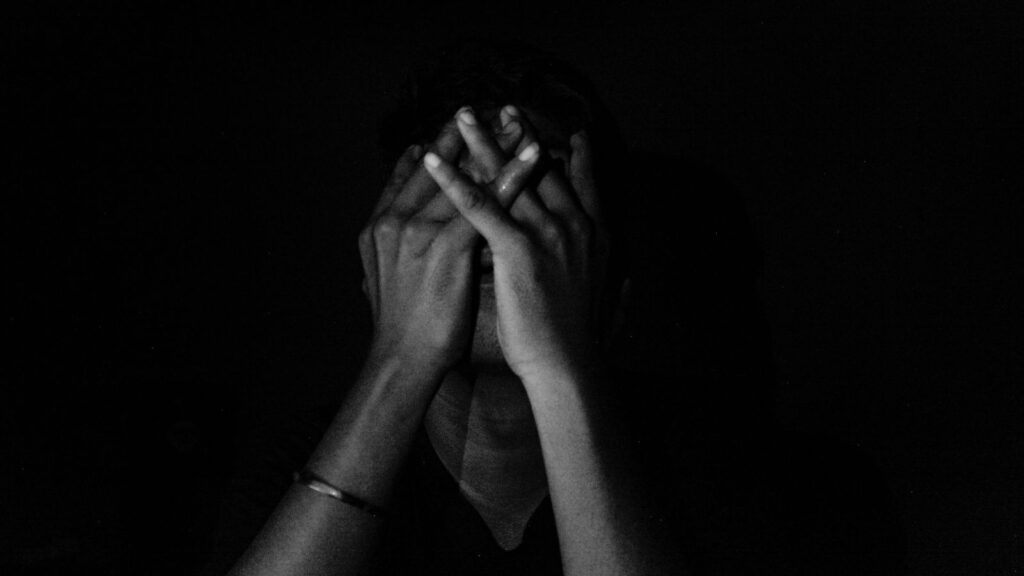Depression is a complex mental health condition influenced by biology, environment, and lifestyle factors. One of the most overlooked but powerful elements in both the development and treatment of depression is sleep. Quality sleep is not just about rest—it plays a direct role in regulating mood, cognitive function, and emotional resilience. When sleep patterns are disrupted, the effects can fuel or worsen depressive symptoms, making recovery more challenging.
The Connection Between Sleep and Depression
Sleep and depression share a bidirectional relationship. Poor sleep increases the risk of developing depression, and depression often disrupts normal sleep patterns. Common sleep-related symptoms of depression include:
- Insomnia (difficulty falling asleep or staying asleep)
- Hypersomnia (excessive sleeping)
- Non-restorative sleep (waking up feeling unrefreshed)
- Irregular sleep schedules and nighttime restlessness
These disruptions can exacerbate fatigue, irritability, difficulty concentrating, and feelings of hopelessness—all hallmarks of depression.
Why Sleep Is Essential for Mental Health
Restoring Brain Function
During deep sleep, the brain consolidates memories, processes emotions, and clears toxins. Without adequate sleep, the brain struggles to regulate mood and stress, making depressive symptoms more severe.
Balancing Neurotransmitters
Sleep directly impacts serotonin, dopamine, and other neurotransmitters that affect mood. Disrupted sleep cycles can throw these chemicals out of balance, contributing to depression.
Strengthening Stress Resilience
Poor sleep increases cortisol, the body’s stress hormone. Elevated cortisol makes it harder to manage daily challenges and can worsen feelings of anxiety and depression.
Strategies to Improve Sleep for Depression Management
1. Establish a Consistent Sleep Schedule
Going to bed and waking up at the same time every day helps regulate the body’s circadian rhythm, which is closely tied to mood stability.
2. Create a Sleep-Friendly Environment
A dark, quiet, and cool room supports restful sleep. Limiting screen time before bed reduces blue light exposure, which interferes with melatonin production.
3. Limit Stimulants and Alcohol
Caffeine, nicotine, and alcohol can disrupt sleep cycles. Avoiding these, especially in the evening, improves sleep quality.
4. Practice Relaxation Techniques
Mindfulness, breathing exercises, or gentle stretching before bed can calm the nervous system and prepare the body for rest.
5. Seek Professional Help
If sleep issues persist, professional intervention may be necessary. Therapy can help address insomnia linked to depression, while a medical provider can rule out underlying conditions like sleep apnea.

Integrating Sleep into Depression Treatment
Sleep is not a cure-all, but it is a vital part of comprehensive depression care. When paired with therapy, medication (when appropriate), and lifestyle changes, improved sleep can significantly enhance recovery. It provides the mental clarity and energy needed to engage more fully in therapeutic practices and daily life.
Working With a Professional
Depression and sleep challenges are deeply interconnected, and addressing them together often produces the best results. Collaborating with an experienced therapist in New York can provide personalized strategies for improving sleep while also treating the underlying depression. Therapy helps identify negative thought patterns, develop coping mechanisms, and establish routines that promote both mental health and restorative rest.
Restoring Hope Through Restful Sleep
Sleep may seem like a small piece of the depression puzzle, but it plays an outsized role in managing symptoms and supporting recovery. By making sleep a priority and addressing underlying barriers with professional support, individuals can take meaningful steps toward greater stability and well-being. Restorative sleep is not just about feeling rested—it’s about reclaiming the energy, balance, and hope needed to move forward.
